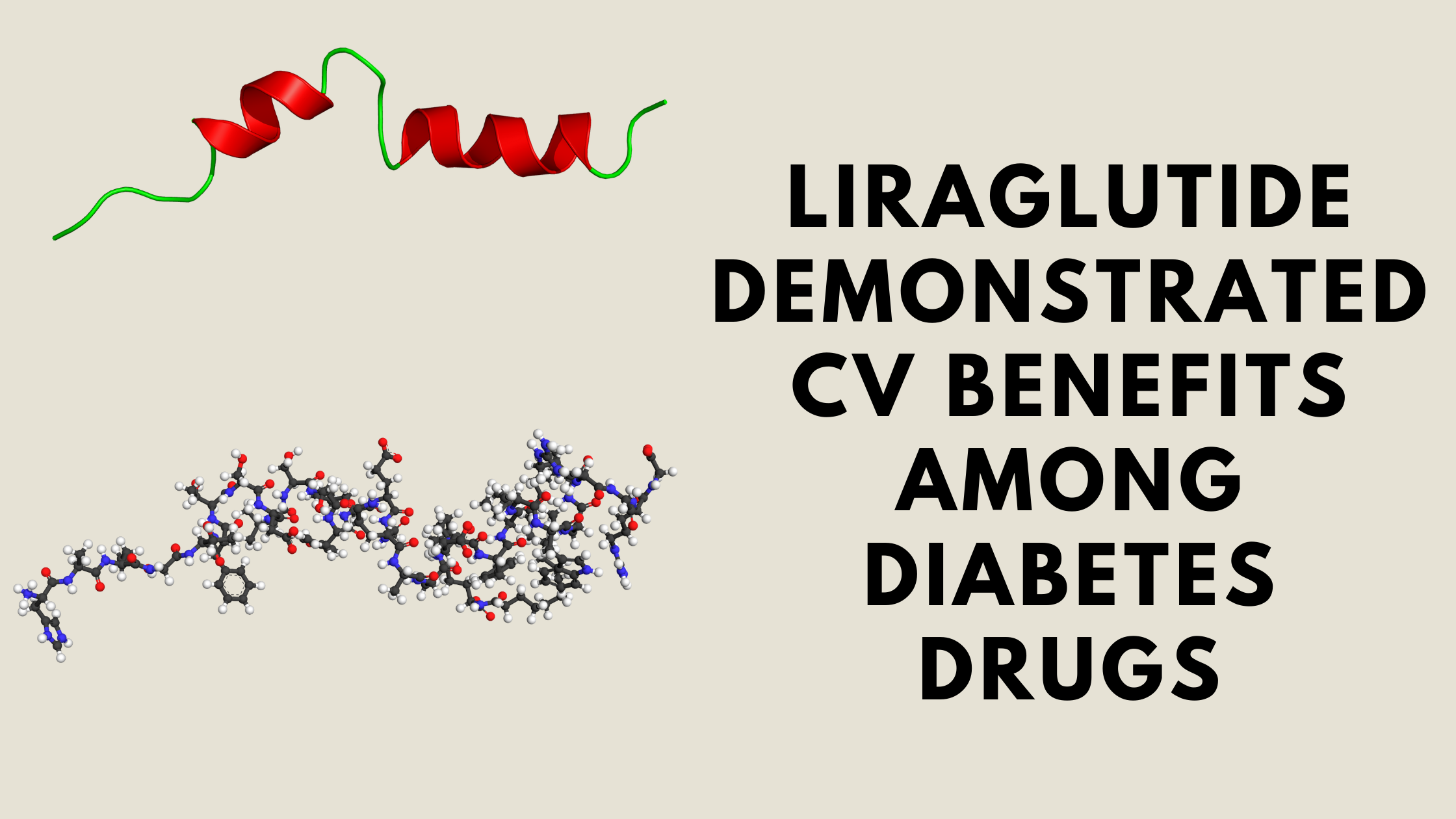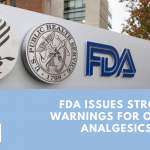Liraglutide (Victoza®) is an injectable glucagon-like peptide-1 (GLP-1) receptor antagonist indicated in addition to diet and exercise to improve glycemic control in adults with type 2 diabetes mellitus. It binds to the same receptors as the endogenous GLP-1 hormone and stimulates insulin secretion in response to high blood glucose levels.
Liraglutide was developed by NovoNordisk and approved by the US FDA in 2010. The FDA mandates cardiovascular safety assessments of new antihyperglycemic therapies. NovoNordisk therefore initiated the Evaluation of Cardiovascular Outcome Results (LEADER) trial in 2010. The results of the study were presented on June 13, 2016 at the American Diabetes Association (ADA) 2016 Scientific sessions and were published simultaneously in the New England Journal of Medicine, by Steven P Marso, MD, of University of Texas Southwestern Medical Center, Dallas, and colleagues.

LEADER is a multicenter, double blind, placebo-controlled trial which evaluated the cardiovascular safety of Victoza® in 9340 adult patients with type 2 Diabetes and a high risk of major adverse cardiovascular events (MACE). Patients were followed for a period of 3.5 to 5 years. The primary composite endpoint of the trial was the first occurrence of a MACE consisting of cardiovascular (CV) death, nonfatal myocardial infarction (MI), or nonfatal stroke.
Results of the trial showed that MACE occurrence was significantly lower (13%) in the liraglutide group (608 of 4668 patients) than in the placebo group (14.9%) (694 of 4672). The study also reported a reduction in cardiovascular death with liraglutide compared to placebo (219 patients [4.7%] vs 278 patients [6.0%]). Occurrence of death due to any cause was lower in the liraglutide group compared to placebo (381 patients [8.2%] vs 447 patients [9.6%]) . The rates for non-fatal MI, non-fatal stroke, and hospitalization for heart failure were lower in the liraglutide group, though the reduction was not significant. Liraglutide safety profile was found to be similar to previous trials, with gastrointestinal adverse events (major cause of drug discontinuation) being the most common.
Cardiovascular disease is common in patients with diabetes. Results of the LEADER trial are thought to represent a clinical breakthrough in the management of type 2 diabetes by demonstrating cardiovascular benefit of antidiabetic medications. Liraglutide is the second diabetes drug to demonstrate cardiovascular benefit after the sodium glucose cotransporter-2 (SGLT-2) inhibitor empagliflozin (Jardiance®, Boehringer Ingelheim/Lilly) in the EMPA-REG trial.
Since the FDA has mandated cardiovascular outcomes trials or CVOTs for the drug approval process, these studies are causing a shakeup in the area of type 2 diabetes therapy. While it is not clear how these trials will impact clinical practice, a paradigm shift in treatment is expected where liraglutide or empagliflozin can be considered as first-line therapy along with metformin in patients with type 2 diabetes and cardiovascular risk.
Copyright © 2016 BorderlessAccess
Credit: Neha Mahadeshwar on behalf of Borderless Access
Reference Sources:
-
Victoza® prescribing information. Novo Nordisk, 2010.
-
Saxenda® prescribing Information. Novo Nordisk, 2014.
-
Center for Drug Evaluation and Research (CDER). Guidance for industry diabetes mellitus — evaluating cardiovascular risk in new antidiabetic therapies to treat type 2 diabetes. 2008. Available at: http://www.fda.gov/downloads/drugs/guidancecomplianceregulatoryinformation/guidances/ucm071627.pdf.
-
Marso SP, Daniels GH, Brown‑Frandsen K, et al. Liraglutide and cardiovascular outcomes in type 2 diabetes. N Engl J Med. 2016;375:311-322.
-
Zinman B, Christoph Wanner C, Lachin JM, et al. Empagliflozin, cardiovascular outcomes, and mortality in type 2 diabetes. N Engl J Med. 2015;373:2117-2128.
-
http://webcasts.diabetes.org/html5Player/default.aspx?webcastXmlInfo=http://webcasts.diabetes.org/netadmin/Content/ADA2016/sync/CT-SY24/39386.xml&videoBaseUrl=https://s3.amazonaws.com/ada-stream01/ADA2016/CT-SY24/
-
https://www.accessdata.fda.gov/drugsatfda_docs/label/2010/022341lbl.pdf





